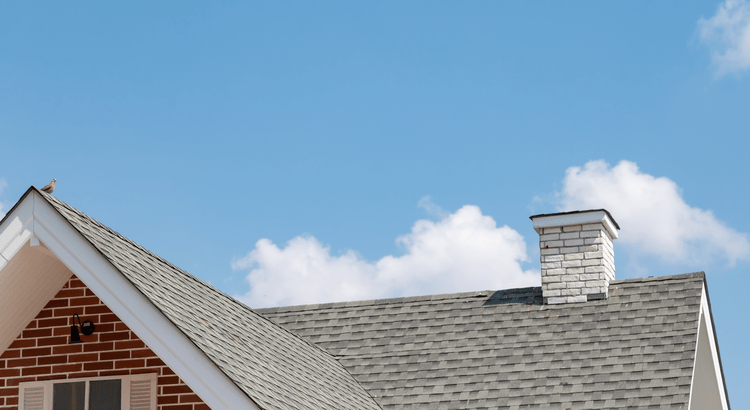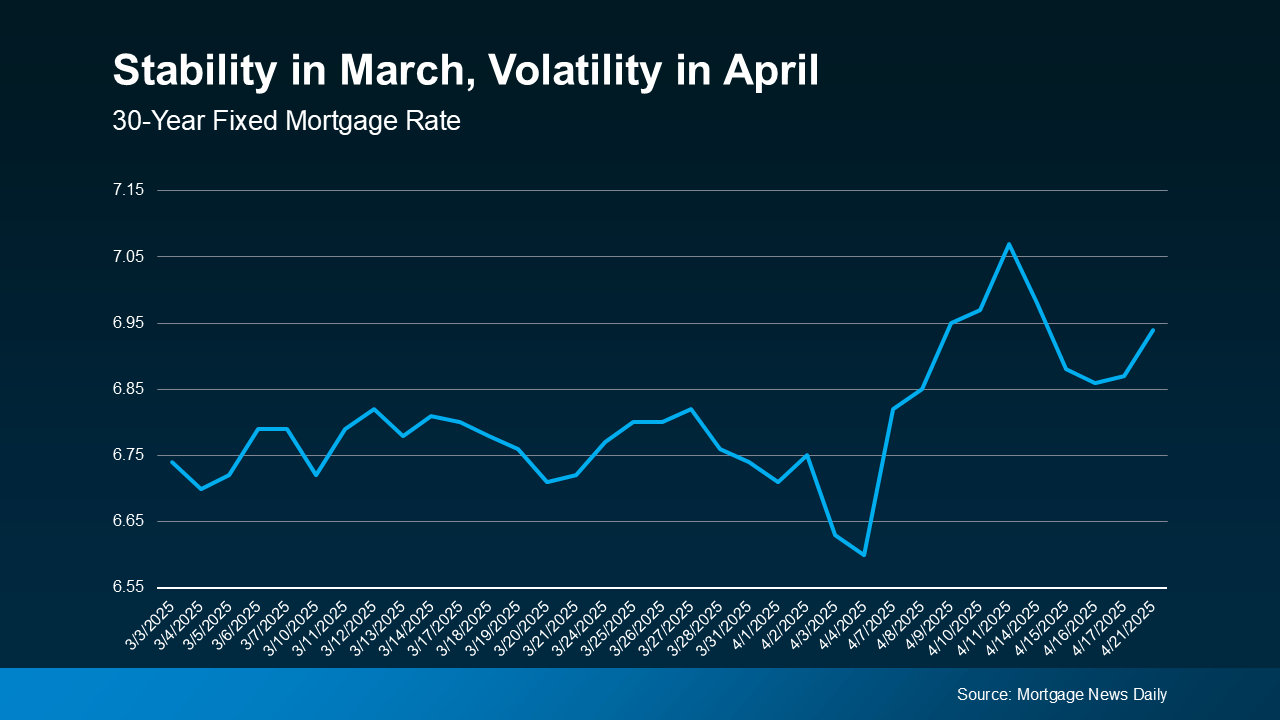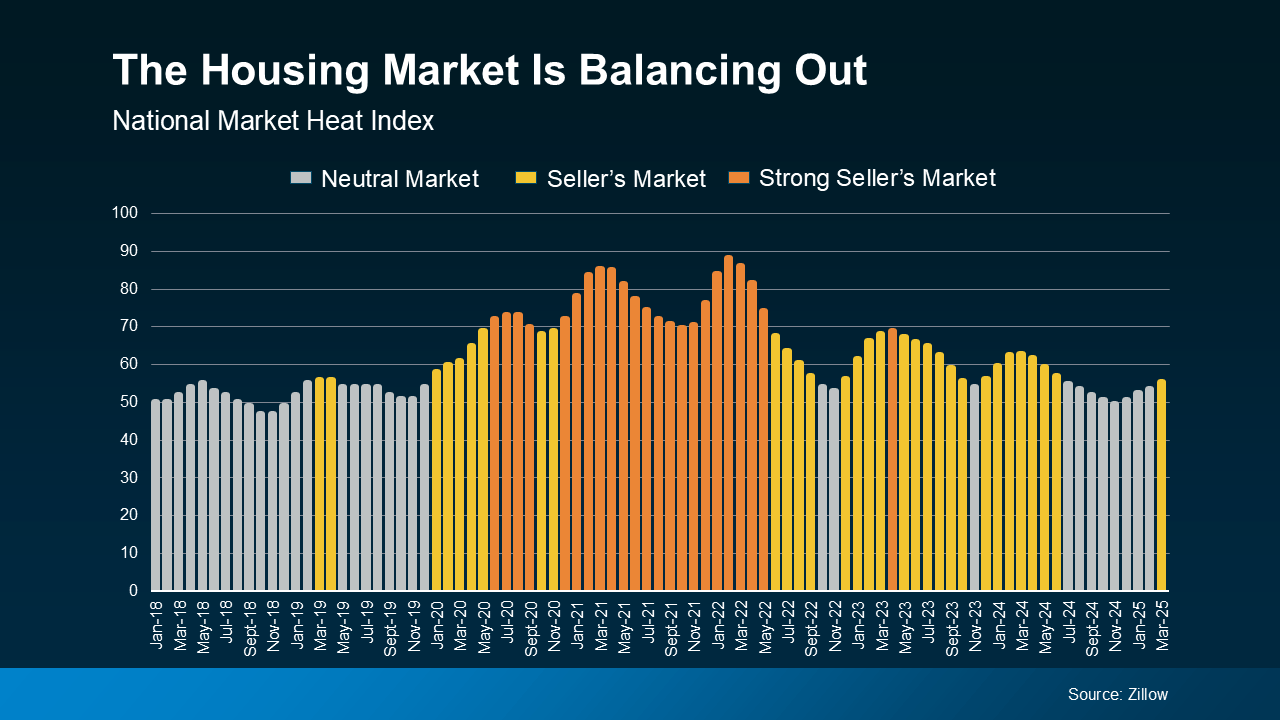The Home Inspection

When buying or selling a home, a home inspection is a crucial step that can make or break the deal. Whether you're a seller looking to ensure your property is in top shape, a buyer aiming to uncover any potential issues, or an investor seeking to make an informed decision, understanding what to expect during a home inspection is essential.
Your Realtor can help you find a qualified company and will be on-site as the inspector performs his tasks.
The Complete Home Inspection
Depending on the size of the property, a complete home inspection can take anywhere from two to three or more hours. The inspector often starts on the outside of the home and takes a look at the following items:
Roofs, Chimneys, Valleys, Siding, Trim, Windows, Gutters, Drainage, Downspouts, HVAC Systems, Landscaping, Grading, Driveways, Pools and Spas, Exterior Electrical Outlets, Walkways, Patios, Decks, and Porches.
The interior inspection covers the Heating, Cooling, Plumbing, Electric Panel and Outlets, Branch wiring, Drain Lines, Water Supply Lines, Cabinets, Doors, Windows, Foundation, Framing, Appliances, Water Heater, Sinks, Toilets, Bathtubs, Showers, Attic and Insulation, Signs of Pest Infestations.
The inspector will take notes and pictures of each item inspected and rate it according to a traffic light system. Green means it passed the inspection, yellow/orange means it needs attention, and red equals defective.
Typically, the report is available within 24 hours of the inspection and sent to the customer. This detailed document gives valuable insight into the home's health and will become the basis for either further negotiations with the seller or termination of the contract.
Other Types of Inspections Occurring During the Home Buying Process
1) Walk-and-Talk Inspection
A walk-and-talk inspection is a shorter form of the complete inspection but still covers the most critical aspects of the property. Often, these kinds of inspections are scheduled before a potential buyer makes an offer on a home. While it is much shorter in duration and not as thorough as a complete inspection, it can give buyers and sellers peace of mind when moving forward with a transaction.
2) Wood Destroying Insect (WDI) Inspection
Most lenders require home buyers to perform a Wood-Destroying Insect (WDI) inspection before the loan can be fully approved. A WDI, sometimes called a Termite Inspection, examines home spaces prone to insect infestations and is conducted by a certified termite inspector. In the Mid-Atlantic region, the inspector will mainly look for signs of termites, carpenter bees, carpenter ants, and powderpost beetles.
Suppose a WDI inspection discovers damage caused by wood-destroying insects like termites. In that case, the inspector will document the extent of the damage on the inspection report, noting the location and severity, and typically recommend a professional pest control treatment to address the infestation and repair any structural damage; the property seller is usually responsible for taking action to remedy the issue, which may involve negotiations with the buyer depending on the severity of the damage.
A home inspection is an indispensable part of any real estate transaction for sellers, buyers, and investors alike. By covering critical areas such as the foundation, attic, electrical systems, HVAC systems, and plumbing, an inspection provides valuable insights into the property's condition. This thorough examination ensures peace of mind for all parties involved by highlighting any issues that need addressing before finalizing the deal.
Whether you're preparing to sell your home or looking to buy or invest in one, understanding what to expect during a home inspection can help you navigate this essential step with confidence.
Categories
Recent Posts










GET MORE INFORMATION


